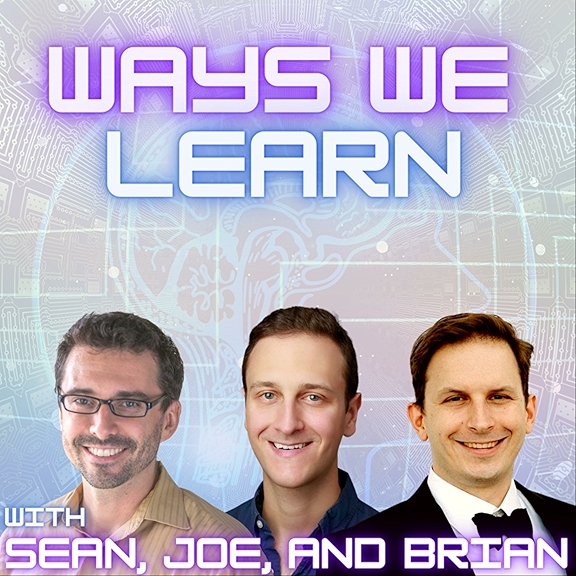Mar 14 2023
What is Creativity and Why is it Dangerous? with Dr. Michael Hanchett Hanson
Societies of our past were frightened by creativity. Did they understand something we don't?
Today, creativity is prized in all fields. Education is no exception. Schools of all varieties, from Pre-K through adult learning, strive to produce creative thinkers, through exercises in divergent thinking and ideation or even through assessment of their volume of creative ideas. The revised edition of Bloom's Taxonomy lists "Create" as its highest order thinking skill, and teacher education promotes cultivating higher order thinking in students. Students with unique ideas are praised while those who recycle old ideas might even be punished.
Historically, however, creativity has been controversial. Creative writing like Mark Twain's "Huckleberry Finn" brings joy to some but simultaneously creates controversy and even strife with others. Creative breakthroughs in science like Einstein's Theory of Special Relativity help us understand the world but can simultaneously teach us the tools of its destruction. Creative inventions like the automobile revolutionize transportation but simultaneously produce pollution that threatens our future.
In this episode, Sean and Brian talk with Dr. Michael Hanchett Hanson about the history of creativity, how it should and shouldn't be taught, and why, in his words, "creativity is a dangerous idea."
Michael Hanchett Hanson is a developmental psychologist; leader of the Participatory Creativity Lab (www.participatorycreativitylab.org), a founding board member and Secretary of the International Society for the Study of Creativity and Innovation (ISSCI); Director of the Masters Concentration in Creativity and Cognition at Teachers College, Columbia University; and President of Contexts R+D, a research and consulting practice.
He is one of the leading advocates for the participatory framework of creativity. Working with colleagues internationally, he has helped developed the framework, which emphasizes the diversity of roles people take up as participants in change and the limits of earlier views of creativity as decontextualized individualism. He has written on the history of the construct of creativity within psychology; the ideological uses of the construct; creative practices in the construction of the self, and the pros and cons of educators’ use of the idea of creativity.
Resources and links:
The Participatory Creativity Lab
Creativity and Improvised Educations: Case Studies for Understanding Impact and Implications
Worldmaking: Psychology and the Ideology of Creativity
---
Send in a voice message: https://podcasters.spotify.com/pod/show/welearn/message









